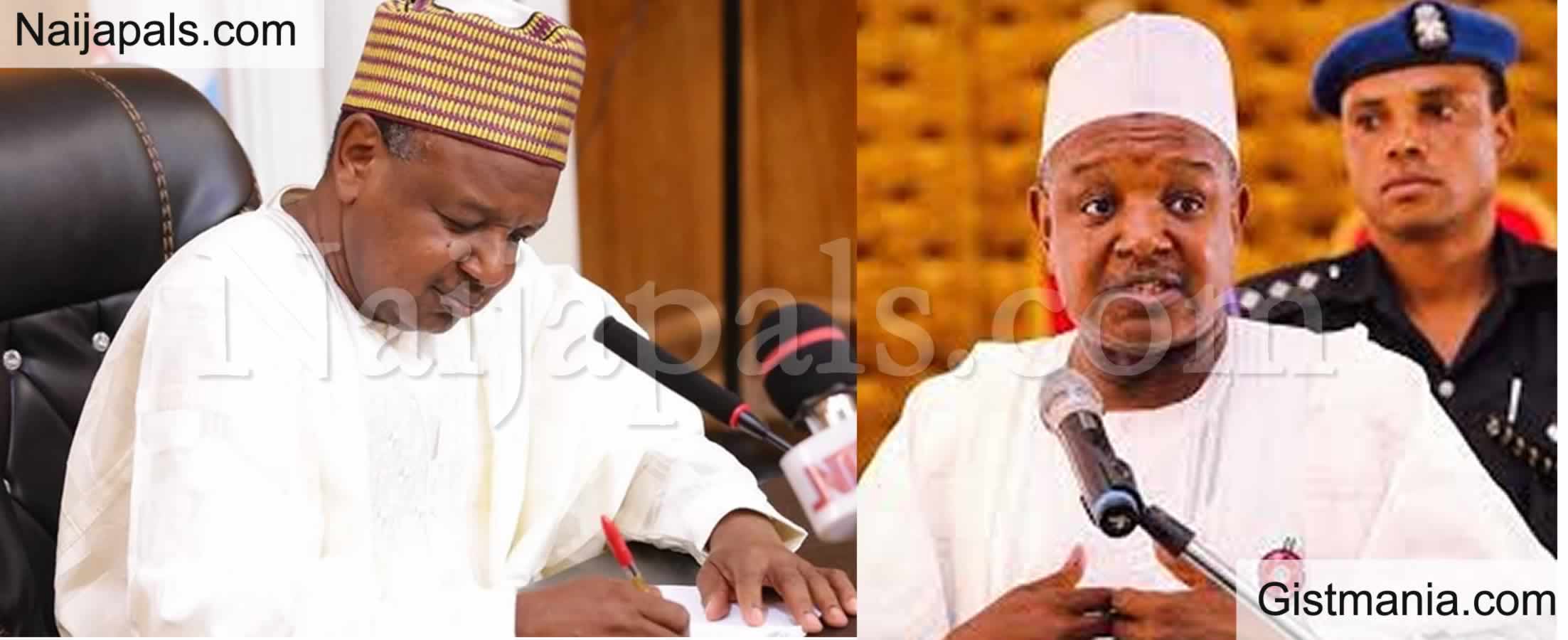
Abubakar Bagudu, the Minister of Budget and National Planning, has revealed that the Nigerian National Petroleum Company Limited (NNPCL) is using savings from the fuel subsidy removal to maintain the current pump price of fuel. This clarification came during an interview on Channels Television on Saturday, where Bagudu addressed the absence of a fuel subsidy arrangement in Nigeria’s 2024 budget.
Responding to questions about the amount saved since the fuel subsidy was abolished in June 2024, Bagudu explained that NNPCL's financial contributions have been constrained by the cost of fuel imports surpassing the retail pump price.
"NNPCL is expected to contribute significantly, but it cannot do so because it must use the funds to import fuel. As a result, NNPCL's role in providing energy security is affected," he stated.
This explanation comes amidst widespread uncertainty regarding the government's stance on fuel subsidies, which were officially removed in June 2023, resulting in a spike in pump prices from ₦238 to over ₦600 per liter. The removal of the subsidy is a key issue in the ongoing #EndBadGovernance protests, which have entered their third day and are expected to continue for 10 days.
Addressing the protesters' demands for the return of the fuel subsidy, Bagudu emphasized that the government is attentive to public concerns and is implementing reforms accordingly.
When questioned about whether NNPCL had remitted any funds to the Federal Government, Bagudu replied, "I am not aware. The Accountant-General should know. It is unlikely given the current import costs exceeding the selling price."
Bagudu further elaborated on NNPCL's dual role under the Petroleum Industry Act, which mandates the company to ensure energy security while operating as a private liability entity. "NNPCL determines the price of fuel in Nigeria. If the selling price is below the import cost, NNPCL bears the loss. There is no provision for a fuel subsidy," he noted.
Highlighting President Tinubu’s commitment to addressing the public's concerns, Bagudu reassured that the government is open to doing things differently in response to the people's needs.
It is noteworthy that the Major Energy Marketers Association of Nigeria has reported that the landing cost of fuel currently stands at ₦1,170 per liter, while the retail price varies between ₦617 and ₦850 per liter depending on the location.
| Posted: at | |




 TRENDING GISTS
TRENDING GISTS  Singer, Portable Weighs In On Mercy Johnson’s Drastic Weight Loss
Singer, Portable Weighs In On Mercy Johnson’s Drastic Weight Loss I Faded Out Because I Became Less Ambitious’ Says Singer, Orezi
I Faded Out Because I Became Less Ambitious’ Says Singer, Orezi Ogun Female Broadcaster, Mrs. Bukola Agbakaizu Slumps And Dies at Work
Ogun Female Broadcaster, Mrs. Bukola Agbakaizu Slumps And Dies at Work
 Funke Akindele Makes List Of Hollywood’s ‘Most Influential Women In International Film’
Funke Akindele Makes List Of Hollywood’s ‘Most Influential Women In International Film’ VIDEO: Man Caught While Waiting For a Minor he Had Solicited S£x From Online
VIDEO: Man Caught While Waiting For a Minor he Had Solicited S£x From Online Rapper, Phyno Unveils His Daughter, Shares Adorable Video to Mark Her Second Birthday
Rapper, Phyno Unveils His Daughter, Shares Adorable Video to Mark Her Second Birthday Ex Madrid Player, Xabi Alonso Seals Managerial Move To Real Madrid As Ancelotti Bows Out
Ex Madrid Player, Xabi Alonso Seals Managerial Move To Real Madrid As Ancelotti Bows Out